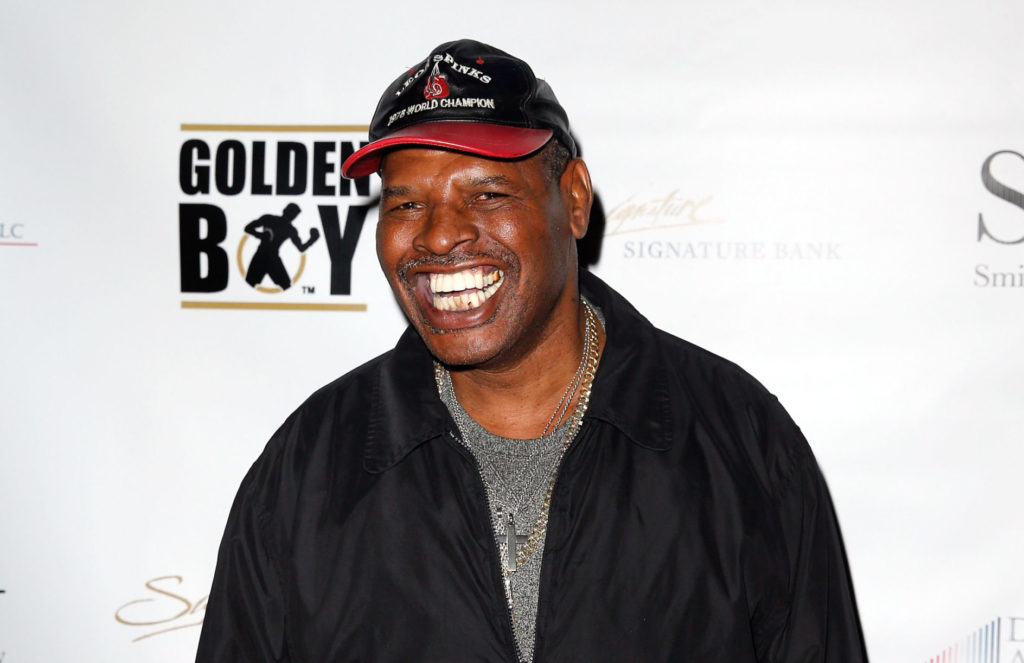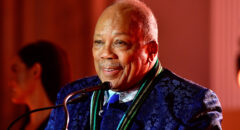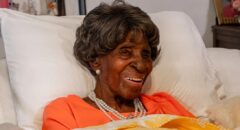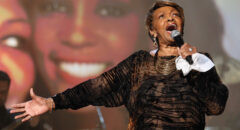
Heavyweight boxing legend Leon Spinks, known for defeating Muhammad Ali, died at the age of 67 on Friday night in a Henderson, Nevada, hospital near his home after battling with prostate cancer for several years, according to family friend Joe Bernal.
At 24 years old, Leon Spinks was young and hungry. At that same time, Ali was 36 and past the prime of his career.
They brawled for full 15 blow-for-blow rounds before a crowd in the Pavilion at the Las Vegas Hilton. Ali would battle back in the later rounds of the fight. He forced Spinks to the ropes, slammed him in the jaw, landed a hook to his head, and then knocked him again with a right to the chin.
By the end of the night, Ali was bruised and bloodied. The judges awarded Leon Spinks a victory by split decision.
Heavyweight Childhood
Spinks later recalled the moment in an interview with Sports Illustrated, saying it brought him back to a moment in his childhood when his father — who would often beat him — told him he would never amount to anything.
"My dad had gone around and told people I would never be anything," Spinks said to NPR. "It hurt me. I've never forgotten it. I made up my mind that I was going to be somebody in this world. That, whatever price I had to pay, I was going to succeed at something."
"I recall thinking, 'That kid is a tough son of a bitch,'" Ali said after the fight. Spinks, with a dose of humility, said of the man he grew up idolizing, "He's still the greatest, I'm just the latest."
Spinks came from a childhood deep in poverty. He was born on July 11, 1953, in St. Louis, the oldest of seven children. He took up boxing at a young age, and then dropped out of high school his junior year and joined the Marines, where he took part in their boxing program and famously lost his front teeth. By 1976 he was fighting for Team USA at the Montreal Olympics — where he won gold in the light heavyweight division.
Less than two years later, Spinks would find himself at the top of the boxing world, but his reign as heavyweight champion would not last long. In September 1978, Ali would reclaim his title from Leon Spinks in front of a crowd of some 63,000 at the Superdome in New Orleans.
Spinks served in the Marine Corps before he rocketed to international fame in 1978 when he beat Muhammad Ali in a split decision to earn the undisputed world heavyweight title in what was considered one of the biggest upsets in boxing history.
The Disease Taking our Black Men
Prostate cancer has been in the news a lot lately.
Prostate cancer was the disease that took the life of Black Panther star Chadwick Boseman. Also, it affected Today Show anchor Al Roker and it was something that award-winning singer Charlie Wilson also endured.
African American men are at an increased risk for developing prostate cancer over white men and other men of color. One in six African American men will develop prostate cancer in his lifetime. Overall, African American men are nearly two times more likely to be diagnosed with—and 2.2 times more likely to die from—prostate cancer than white men. African American men are also slightly more likely than white men to be diagnosed with advanced disease.
Fortunately, the racial divide for prostate cancer outcomes is narrowing. Overall, the five-year relative survival rate for African American men diagnosed with prostate cancer is 97%, which means that if an African American man is diagnosed with prostate cancer today, at any stage, there is a 97% chance he will be alive in five years. When the disease is caught early, this rate increases to nearly 100%.
“It was considered a mere joke,’’ fellow boxing great George Foreman told USA TODAY Sports when reflecting on that historic bout. “Why in the world would they put (Spinks) in the ring with Muhammad Ali with such a short boxing career?
“He beat the devil out of Muhammad, from pillar to post, even Muhammad was surprised.
“(Leon Spinks) was legitimate, and he has his rightful place in the history of heavyweight boxers."
Spinks' gap-toothed smile became his trademark as he burst on the scene as an amateur. Fighting alongside his brother Michael and a charismatic light welterweight by the name of Ray Leonard, they became most successful U.S. Olympic boxing team in history.








